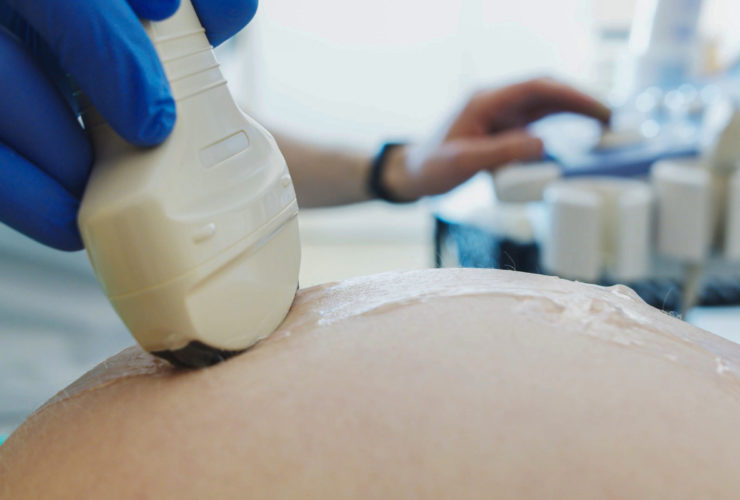A commonly used term I hear far more often is ‘high risk pregnancy’.
A pregnancy can be described as high risk as a result of pre-existing problems before the pregnancy, or from problems arising during the course of the pregnancy. It commonly relates to issues with the mother’s health, but may be related to the baby’s wellbeing. Having a high risk pregnancy can develop throughout the pregnancy or be as a result of existing medical issues with the mother, resulting in you and your baby having an increased chance of health problems.
What issues can leave mothers in the ‘high risk’ category?
Areas of concern that constitute a high risk pregnancy for those with pre-existing medical conditions such as Lupus, diabetes, thyroid, blood disorders, depression and hypertension (elevated blood pressure). Often, patients with pre-existing conditions wish to see an obstetrician prior to falling pregnant to discuss potential risks and possible ways to minimise these risks.
People who are at risk of developing a high risk pregnancy throughout are those with:
- Epilepsy
- Kidney disease
- Those who have had a previous pre-term birth
- Gestational diabetes
- Multiple births
- Pre-eclampsia growth restriction
- IVF
- Placental problems
- Maternal age – being too young or too old
- Obesity
- Lifestyle choices – alcohol consumption and/or drugs
- Previous gynaecology problems
- Multiple pregnancies
A better understanding of the risks
Gynaecological problems which may contribute to high risk include:
- Fibroids (this depends on the size and position of the fibroid)
- Abnormalities of uterine shape
- Previous major gynaecological surgery
IVF can be associated with:
- Increased foetal abnormalities
- Increased premature birth
- Increased pre-eclampsia
- Increased placenta praevia
- And an increase in still birth
Older mothers can have an:
- Increased chance of still birth
- Increase in foetal anomaly
- Increase in diabetes
- Increase in requiring a caesarean section
- Increase in pre-eclampsia/hypertension
- Increase in maternal risks such as thrombosis/cardiac complications
Obesity is associated with:
- Increase in still birth
- Increase in the chance of a caesarean section and increase in your chance of going over your due date
- Increase in diabetes
- Increase in blood pressure
Pregnancy more commonly becomes high risk, in an otherwise healthy women, due to the following reasons:
- Foetal abnormality – approximately 3% of all pregnancies
- Placenta praevia/recurrent bleeding – approximately 3% of all pregnancies
- Pre-eclampsia/blood pressure elevation – in approximately 5% of all pregnancies
- Gestational diabetes – in approximately 10% of all pregnancies
- Placental insufficiency (foetal growth restriction) – in approximately 3% of all pregnancies
How high risk pregnancies are monitored
Having a high risk pregnancy can affect the mode of delivery of your baby. Increased surveillance of the mother and foetus is imperative and either an early birth could be required. A caesarean section is also an increased possibility.
Pre-pregnancy assessments are invaluable as it can assist you in understanding other issues that could help you and your baby such as:
- Optimising health
- Pre-pregnancy testing and screening
- How much additional monitoring will be required
- Need for hospital advanced care facilities such as ICU, premature nursery, 24 hour/day theatres operating availability
Reducing your chances of having a high risk pregnancy can be assisted by:
- Telling your doctor about your entire medical history
- Arranging a pre-pregnancy visit
- Healthy lifestyle choices – stop smoking and drinking
- Reducing stress
- Following your doctor’s orders regarding taking vitamins, e.g. Folic acid, iron supplements
- Moving towards a healthy weight
To find out more information it is important that you find an obstetrician you can trust and who has the depth of experience and skills to deal with these complex issues. It’s also vital that your obstetrician works in a hospital with all the technical facilities and 24/7 emergency operating facility availability and has co-location with other specialties that may be required.


